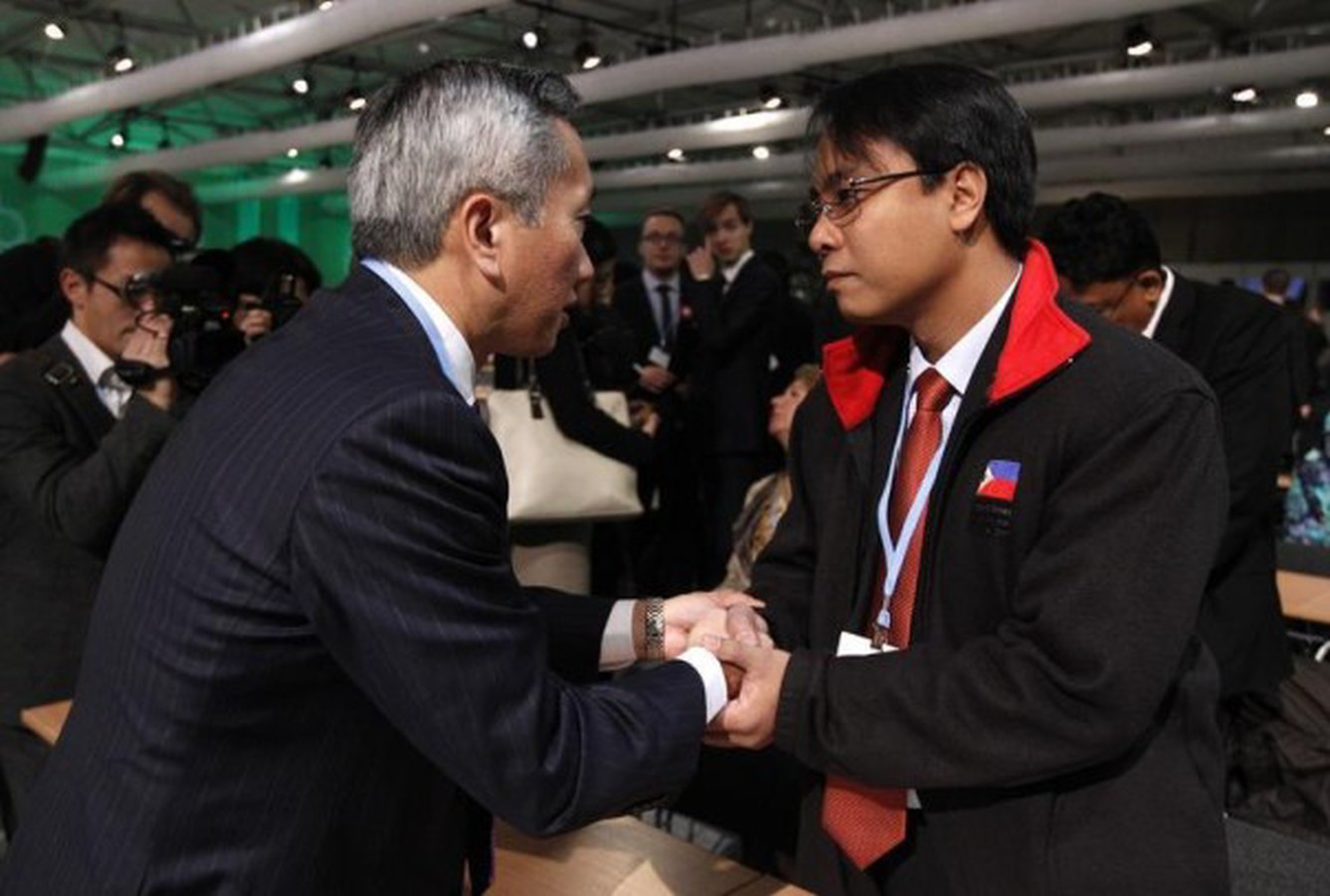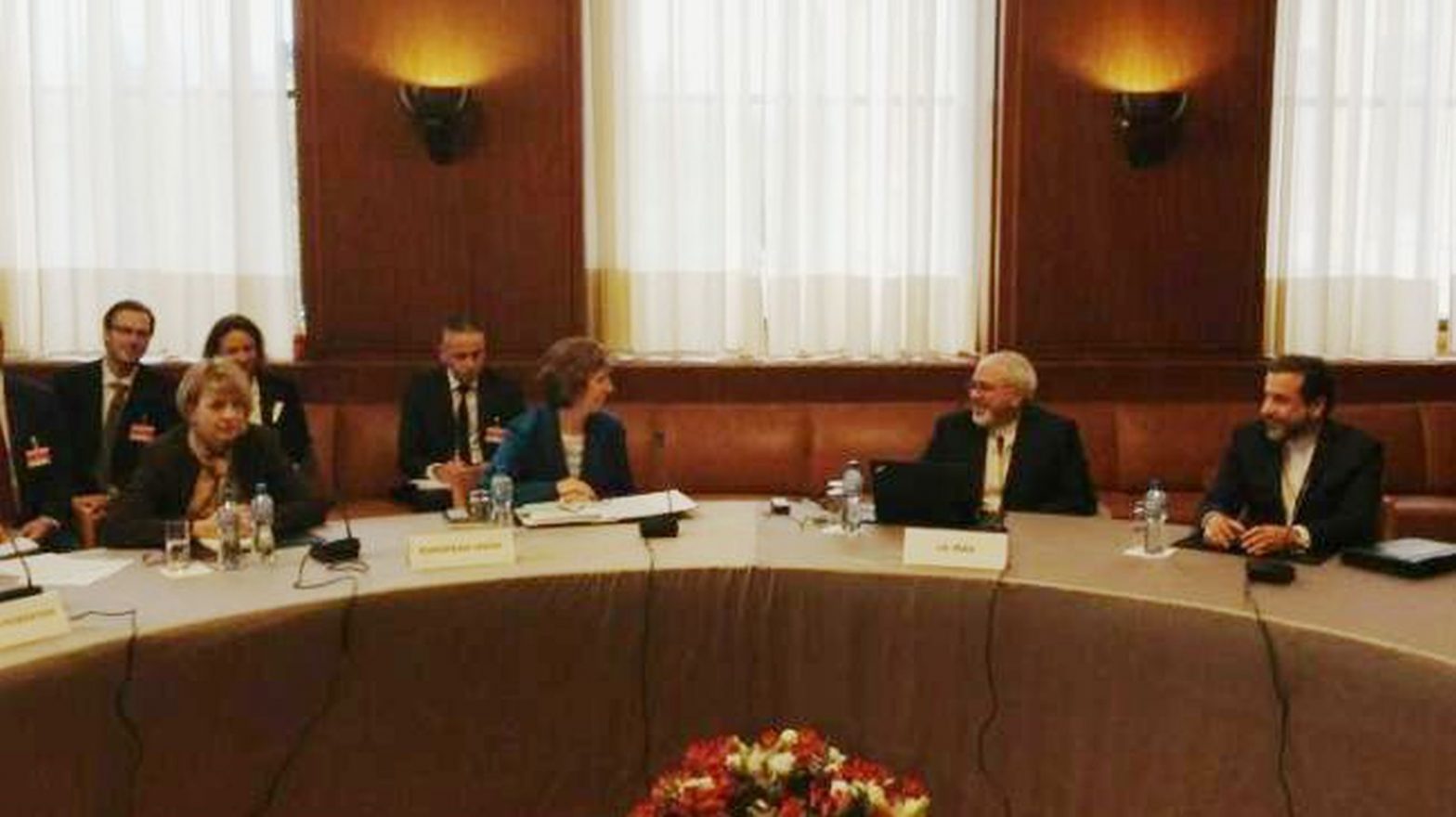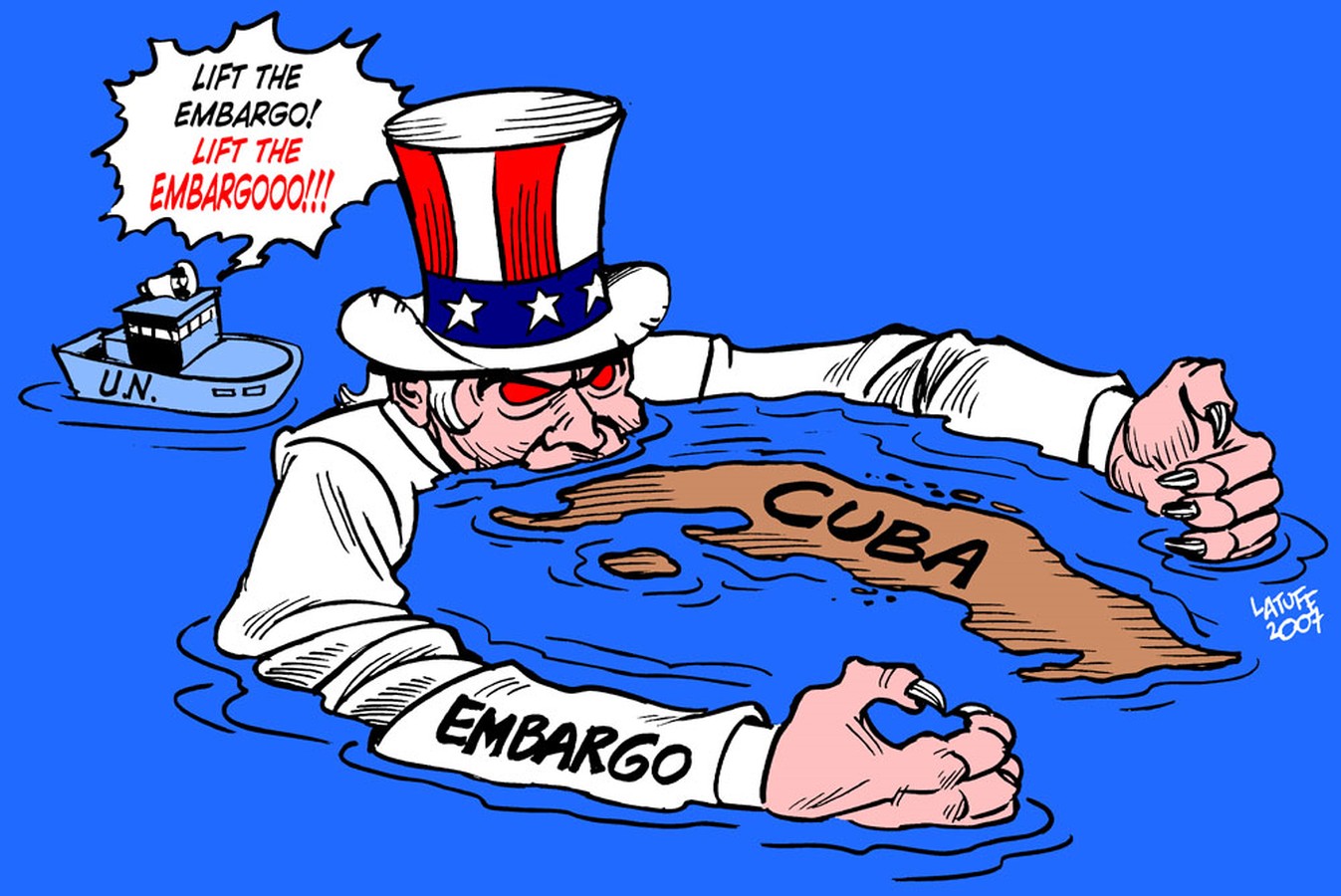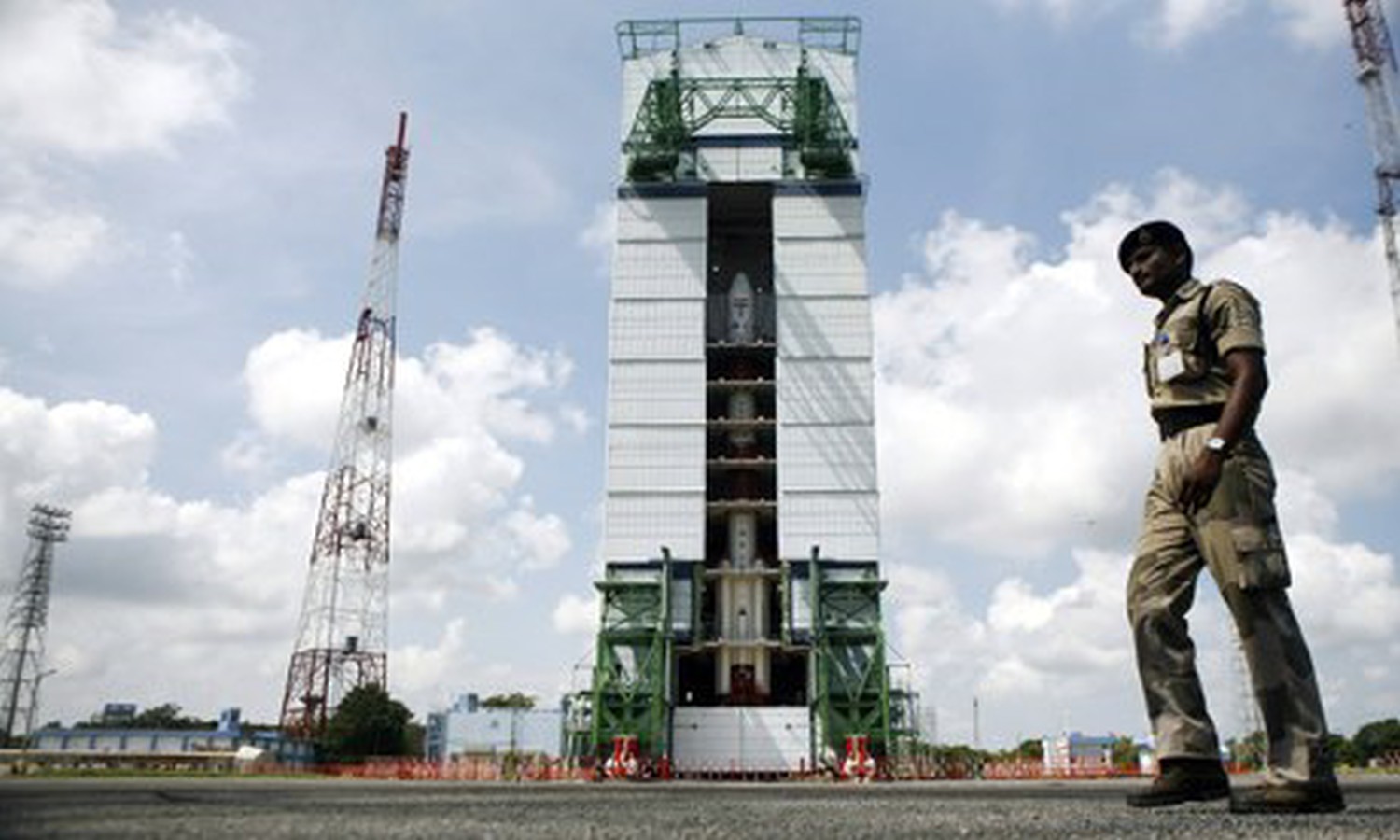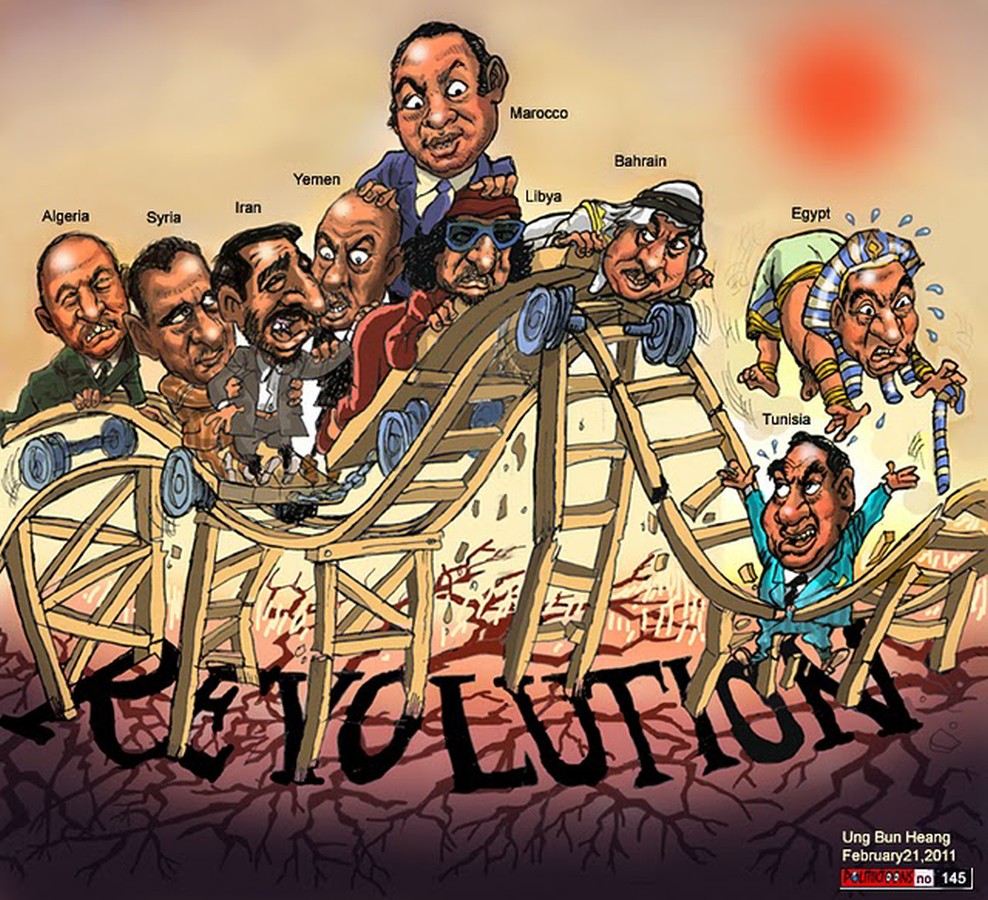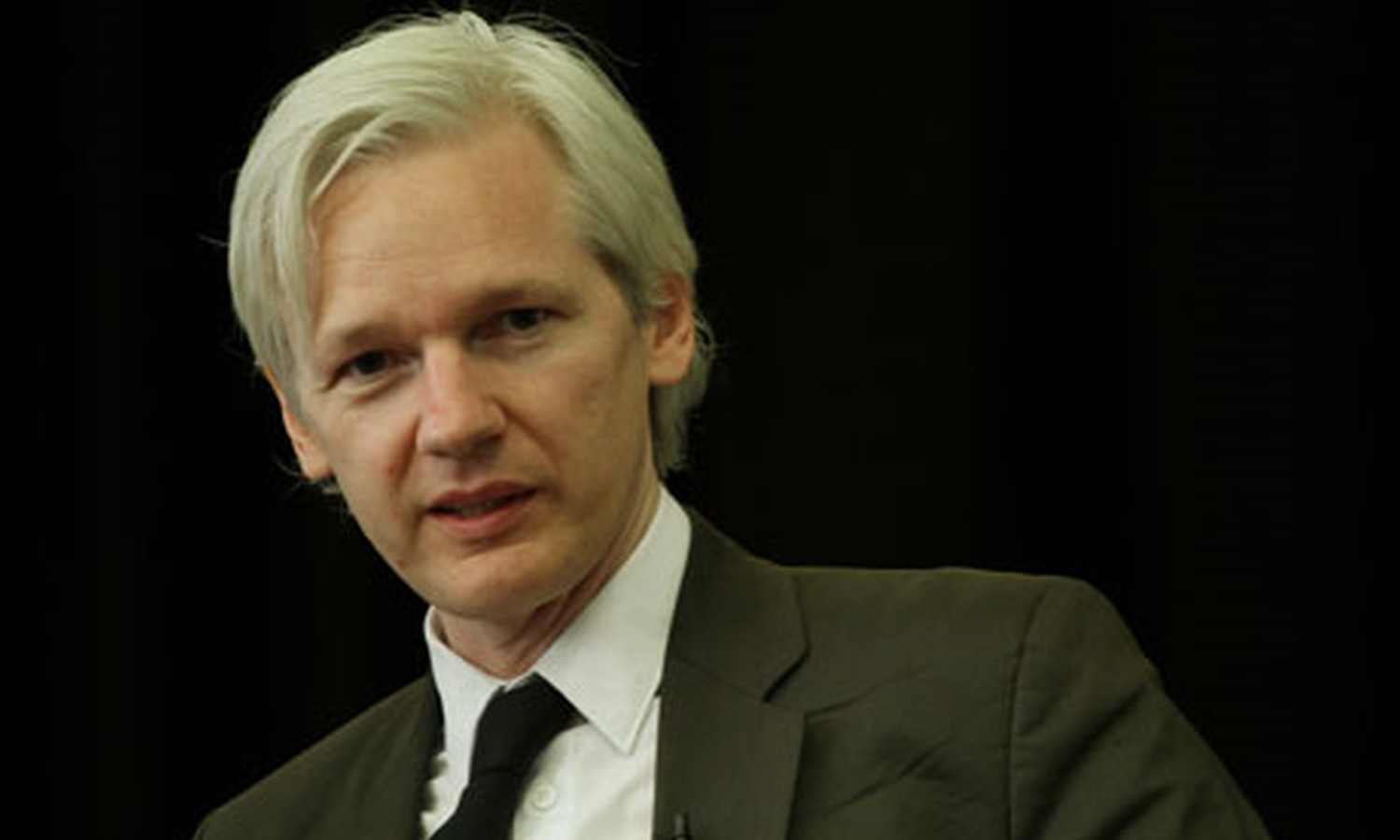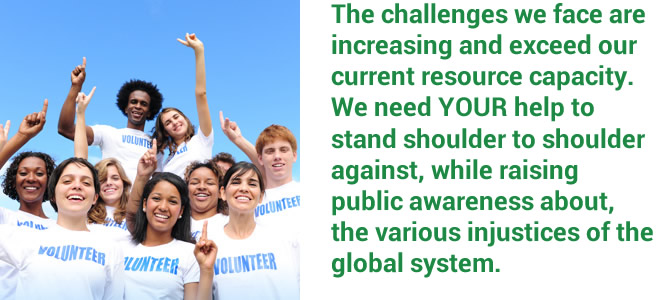By Lauren McCauley
12 November, 2013
@ CommonDreams.org
The climate crisis is “madness” and environmentally vulnerable nations such as the Philippines do not have time for failed climate negotiations, Philippines climate negotiator Naderev “Yeb” Saño told the delegation at the 19th United Nations Framework Convention on Climate Change (COP19) Monday as he vowed to go on hunger strike until “clear progress is made.”
Saño, the Philippine Climate Change Commissioner, delivered his address during the opening session of the 12-day climate talks in Warsaw, Poland three days after Typhoon Haiyan made landfall, wreaking havoc across his island nation.
“What my country is going through as a result of this extreme climate event is madness. The climate crisis is madness,” Saño told the assembly, describing the massive devastation and thousands feared dead following Typhoon Haiyan, the “strongest in modern recorded history.”
“We can stop this madness. Right here in Warsaw,” he added, appealing to the representatives of nearly 200 countries who assembled in a bid to reach a new agreement to replace the Kyoto protocol that expired last year. Many anticipate the talks will only amount to a 2015 agreement for new limits on greenhouse gas emissions.
“Typhoons such as Haiyan and its impacts represent a sobering reminder to the international community that we cannot afford to delay climate action,” Saño continued.
His comments Monday echoed those made during last year’s UN climate conference in Doha, Qatar when Saño—pointing to both Hurricane Sandy and Typhoon Bopha as “clear examples” of climate change—demanded a call for urgency in the climate debate.
“We need not engage in the perpetual debate on whether climate change is happening or not,” he said at the time.
The Doha climate talks amounted to little more than a “sham of a deal”—as described by Friends of the Earth International spokesperson Asad Rehman—as rich nations failed to take responsibility for their outsized carbon footprints or increase their financial commitments to developing nations.
To climate change deniers, or those countries who are less impacted by the effects of global warming and therefore are less motivated to enact meaningful change, Saño challenged them before the Warsaw assembly, saying, “I dare them, I dare them to get off their ivory towers and away from the comfort of their armchairs.”
He continued:
I dare them to go to the islands of the Pacific, the Caribbean, the Indian ocean and see the impacts of rising sea levels; to the mountainous regions of the Himalayas and the Andes to see communities confronting glacial floods, to the Arctic where communities grapple with the fast dwindling sea ice caps, to the large deltas of the Mekong, the Ganges, the Amazon, the Nile where lives and livelihoods are drowned, to the hills of Central America that confronts similar monstrous hurricanes, to the vast savannas of Africa where climate change has likewise become a matter of life and death as food and water become scarce.
Not to forget the monster hurricanes in the Gulf of Mexico and the eastern seaboard of North America as well as the fires that razed Down Under. And if that is not enough, you may want to pay a visit to the Philippines right now.
Even with developed nations establishing dramatic emissions reduction targets, he said, it is “too late” and that we are “locked-in” to climate change and now need to look forward to the issue of loss and damage.
“We have entered a new era that demands global solidarity in order to fight climate change and ensure that the pursuit of sustainable human development remains at the fore of the global community’s efforts,” he said, adding, “We cannot sit and stay helpless staring at this international climate stalemate. It is now time to raise ambition and take action. We need an emergency climate pathway.”
Saño concluded his speech by acknowledging the personal toll of the storm, saying that his family hails from the devastated town of Tacloban where Haiyan made landfall on Friday.
Further impressing the severity of his commitment and the urgency of a climate agreement, Saño pledged to go on hunger strike until “clear progress is made,” saying, “In solidarity with my countrymen who are struggling to find food back home and with my brother who has not had food for the last three days… I will now commence a voluntary fasting.”
* * *
The complete transcript of Saño’s speech is below:
Mr President, I have the honor to speak on behalf of the resilient people of the Republic of the Philippines.
At the onset, allow me to fully associate my delegation with the statement made by the distinguished Ambassador of the Republic of Fiji, on behalf of G77 and China. We likewise join others in congratulating you for your election of COP19.
The people of the Philippines, and our delegation here in Warsaw, from the bottom of our hearts, thank you for your expression of sympathy and solidarity to my country in the face of this national difficulty. The white flowers that you have bestowed upon my delegation that symbolize Poland’s sympathy with the Philippines are deeply and profoundly cherished so thank you for this very heartwarming gesture.
In the midst of this tragedy, one which you correctly referred to as a painful awakening, my delegation finds comfort in the warm hospitality of Poland, for welcoming us to this very beautiful and charming city of Warsaw, with your people offering us warm smiles everywhere we go: in the hotels, around the streets, with the stewards and personnel in this National Stadium. So, thank you again. Thank you, Poland.
The arrangements you and the secretariat have made for this COP is also most excellent and we highly appreciate the tremendous effort you have put into the preparations for this important meeting.
We also thank all of you, friends and colleagues gathered in this hall and from all corners of the world as you stand beside us in this trying time. I thank all countries and governments who have extended your solidarity and for offering assistance to the Philippines. We thank the youth present here and the billions of young people all over the world who stand steadfast with the Philippines, and who are carefully watching us as we craft their future.
I thank civil society, both who are working on the ground as we race against time in the hardest hit areas, and those who are here in Warsaw prodding us to have a sense of urgency. We thank the media as well for helping us communicate the reality of climate change. We are deeply moved by this manifestation of human solidarity and we likewise stand in solidarity with all countries that face and confront the adverse impact of climate change. This outpouring of support proves to us that as a human race, we can unite and we can all rise above adversity; that as a species, we care.
It was barely 11 months ago in Doha when my delegation made an appeal, an appeal to the world to open our eyes to the stark reality that we face. As then we confronted a catastrophic storm that resulted in the costliest disaster in Philippine history. Less than a year hence, we cannot imagine that a disaster much bigger would come.
With an apparent cruel twist of fate, my country is being tested by this hellstorm called Super Typhoon Haiyan. It was so strong that if there was a Category 6, it would have fallen squarely in that box. Up to this hour, we remain uncertain as to the full extent of the damage and devastation, as information trickles in in an agonizingly slow manner because power lines and communication lines have been cut off and may take a while before these are restored.
The initial assessment show that Haiyan left a wake of massive devastation that is unprecedented, unthinkable and horrific. According to the Joint Typhoon Warning Center estimated Haiyan to have attained one-minute sustained winds of 315 km/h (195 mph) and gusts up to 378 km/h (235 mph) making it the strongest typhoon in modern recorded history.
Despite the massive efforts that my country had exerted in preparing for the onslaught of this monster of a storm, it was just a force too powerful and even as a nation familiar with storms, Haiyan was nothing we have ever experienced before, or perhaps nothing that any country has every experienced before.
The picture in the aftermath is ever slowly coming into clearer focus. The devastation is colossal. And as if this is not enough, another storm is brewing again in the warm waters of the western Pacific. I shudder at the thought of another typhoon hitting the same places where people have not yet even managed to begin standing up.
To anyone outside who continues to deny the reality that is climate change, I dare them, I dare them to get off their ivory towers and away from the comfort of their armchairs. I dare them to go to the islands of the Pacific, the Caribbean, the Indian ocean and see the impacts of rising sea levels; to the mountainous regions of the Himalayas and the Andes to see communities confronting glacial floods, to the Arctic where communities grapple with the fast dwindling sea ice caps, to the large deltas of the Mekong, the Ganges, the Amazon, the Nile where lives and livelihoods are drowned, to the hills of Central America that confronts similar monstrous hurricanes, to the vast savannas of Africa where climate change has likewise become a matter of life and death as food and water become scarce.
Not to forget the monster hurricanes in the Gulf of Mexico and the eastern seaboard of North America as well as the fires that razed Down Under. And if that is not enough, you may want to pay a visit to the Philippines right now.
Climate change will mean increased potential for more intense tropical storms and this will have profound implications on many communities, especially who struggle against the twin challenges of the development crisis and the climate change crisis. Typhoons such as Haiyan and its impacts represent a sobering reminder to the international community that we cannot afford to delay climate action.
Warsaw must deliver on enhancing ambition and should muster the political will to address climate change and build that important bridge towards Peru and Paris. It might be said that it must be poetic justice that Typhoon Haiyan was so big that its diameter spanned a distance between Warsaw and Paris.
In Doha, we asked “If not us then who? If not now, then when? If not here, then where?” but here in Warsaw, we may very well ask these same forthright questions.
What my country is going through as a result of this extreme climate event is madness. The climate crisis is madness.
We can stop this madness. Right here in Warsaw.
It is the 19th COP, but we might as well stop counting, because my country refuses to accept that a COP30 or a COP40 will be needed to solve climate change. And because it seems that despite the significant gains we have had since the UNFCCC (Editor’s Note: the UNFCCC stands for UN Framework Convention on Climate Change) was born, 20 years hence we continue to fall short in fulfilling the ultimate objective of the Convention.
Now, we find ourselves in a situation where we have to ask ourselves – can we ever attain the ultimate objective of the Convention – which is to prevent dangerous anthropogenic interference with the climate system? By failing to meet the objective of the Convention, we may have ratified our own doom.
And if we have failed to meet the objective of the Convention, we have to confront the issue of loss and damage. Loss and damage is a reality today across the world.
Developed country emissions reductions targets are dangerously low and must be raised immediately, but even if these were in line with the demand of reducing 40-50% below 1990 levels, we will still have locked-in climate change and would still need to address the issue of loss and damage.
We find ourselves at a critical juncture and the situation is that even the most ambitious emissions reductions by developed countries, who should have been taking the lead in the last two decades, will not be enough to avert the crisis. It is now too late, too late to talk about the world being able to rely on Annex I countries to solve the climate crisis.
We have entered a new era that demands global solidarity in order to fight climate change and ensure that the pursuit of sustainable human development remains at the fore of the global community’s efforts. This is why the means of implementation for developing countries becomes ever so crucial.
We cannot sit and stay helpless staring at this international climate stalemate. It is now time to raise ambition and take action. We need an emergency climate pathway.
‘We refuse to accept typhoons as way of life’
I speak for my delegation. But I speak for the countless people who will no longer be able to speak for themselves after perishing from the storm. I speak also for those who have been orphaned by the storm. I speak for the people now racing against time to save survivors and alleviate the suffering of the people affected.
We can take drastic action now to ensure that we prevent a future where super typhoons become a way of life. Because we refuse, as a nation, to accept a future where super typhoons like Haiyan become a way of life. We refuse to accept that running away from storms, evacuating our families, suffering the devastation and misery, counting our dead, become a way of life. We simply refuse to.
Even in the context of the obvious imperative for adaptation, my country does not come with empty hands. The Philippines had enacted a Renewable Energy Law, which mandates the establishment of feed-in tariffs for renewable energy with the aspiration of doubling our renewable energy capacity by 2020 and tripling it by 2030 pursuant to our national renewable energy program. Now as has become very clear, the Philippines grapples with serious challenges in the face of climate impacts.
I challenge our friends, our partners from developed countries to finance this incremental cost of the portion of the Philippine feed-in tariff that would otherwise be paid for by the impoverished electricity consumer and only until renewables reach grid parity with fossil fuels or conventional fuels. We call this our socialized feed-in tariff.
By our estimate, it is only in the neighborhood of $500 million. We estimate also that renewables will reach grid parity by 2020. If developed countries would finance this cost, we can triple our renewable energy capacity by 2013. If developed countries will gladly come forward to provide the resources for this, we will be ready to inscribe this as our nationally appropriate mitigation action because we believe in renewables. We believe in sustainable development. And because we believe that solving climate change is our moral duty. This moral duty is applicable to all parties.
‘Fasting pending a meaningful outcome’
Now, if you will allow me, I wish to speak on a more personal note.
Super Typhoon Haiyan perhaps unknown to many here made landfall in my own family’s hometown and the devastation is staggering. I struggle to find words even for the images that we see on the news coverage. And I struggle to find words to describe how I feel about the losses.
Up to this hour, I agonize while waiting for word as to the fate of my very own relatives. What gives me renewed strength and great relief is that my own brother succeeded in communicating with us that he has survived the onslaught. In the last two days, he has been gathering bodies of the dead with his own two hands. He is very hungry and weary as food supplies find it difficult to arrive in that hardest hit area.
These last two days, there are moments when I feel I should rally behind climate advocates who peacefully confront those historically responsible for the current state of our climate. These selfless people who fight coal, expose themselves to freezing temperatures or block oil pipelines. In fact, we are seeing increasing frustration and thus more increased civil disobedience. The next two weeks, these people and many around the world who serve as our conscience will again remind us of this enormous responsibility. The youth here who constantly remind us that their future is in peril. We stand with them.
We cannot solve climate change when we seek to spew more emissions. I express this with all due sincerity. In solidarity with my countrymen who are struggling to find food back home and with my brother who has not had food for the last 3 days, with all due respect and I mean no disrespect for your kind hospitality, I will now commence a voluntary fasting for the climate.
This means I will voluntarily refrain from eating food during this COP (Conferences of the Parties to the UNFCCC) until a meaningful outcome is in sight, until concrete pledges have been made to ensure mobilization of resources for the Green Climate Fund (GFC). We cannot afford a COP with an empty GCF, until the promise of the operationalization of a loss and damage mechanism has been fulfilled, until there is assurance on finance for adaptation, until we see real ambition on climate action in accordance with the principles we have so upheld.
This process under the UNFCCC has been called many names. It has been called a farce. It has been called an annual carbon-intensive gathering of useless frequent flyers. It has been called many names. And this hurts. But we can prove them wrong. The UNFCCC can also be called the project to save the planet. It has also been called “saving tomorrow today” a couple of years ago. And today, we say, “I care.” We can fix this. We can stop this madness. Right now. Right here, in the middle of this football field. And stop moving the goalposts.
My delegation calls on you to lead us and let Poland and Warsaw be remembered forever as the place where we truly cared to stop this madness. If this is our imperative here in Warsaw, you can rely on my delegation. Can humanity rise to the occasion? I still believe we can.
This work is licensed under a Creative Commons Attribution-Share Alike 3.0 License

